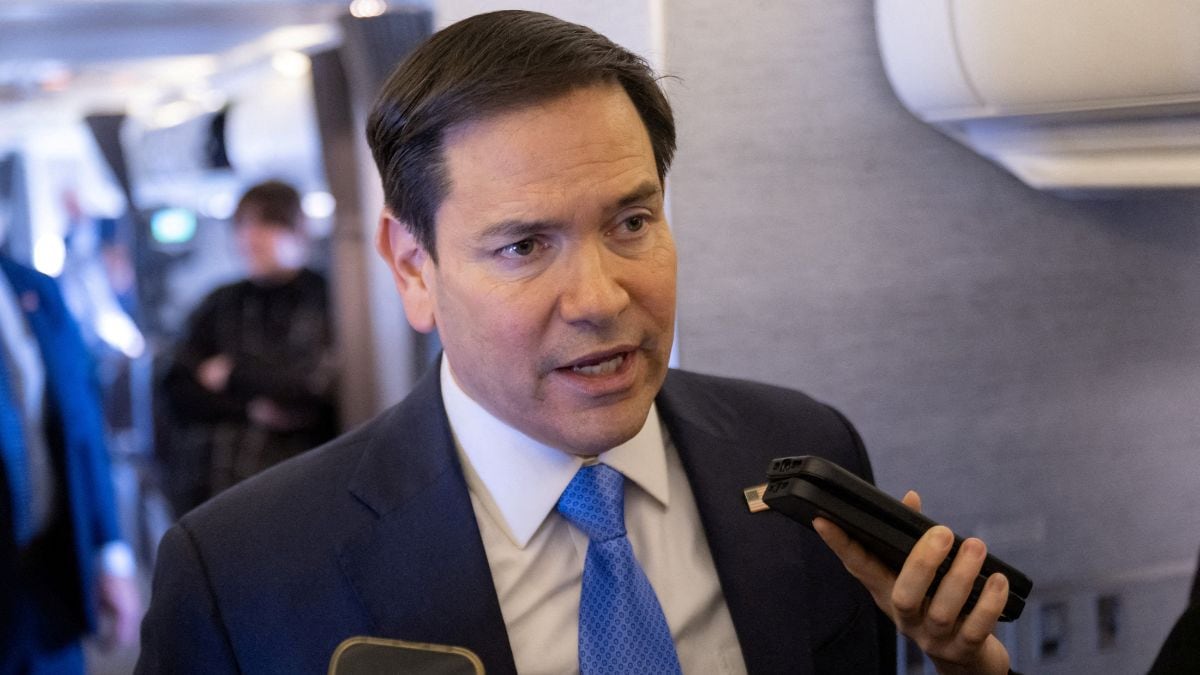

The United States' stance on India's continued purchase of Russian oil is becoming a significant point of contention in the relationship between the two nations. US Secretary of State Marco Rubio has described the situation as a "point of irritation". This friction arises from Washington's broader efforts to isolate Russia economically in response to the ongoing war in Ukraine.
Rubio, in an interview with Fox Radio on Thursday, July 31, 2025, acknowledged India's perspective, noting the country's "huge energy needs" and the economic pragmatism of buying discounted Russian oil. Sanctions have forced Russia to sell its oil at a lower price, making it an attractive option for countries like India. However, Rubio also emphasized that these purchases are indirectly supporting Russia's war efforts. He stated that President Trump is frustrated that India continues to buy oil from Russia despite other oil vendors being available.
This tension is further complicated by President Trump's recent announcement of a 25% tariff on all Indian goods entering the United States, along with the possibility of additional penalties specifically targeting India's acquisition of Russian oil and military equipment. Trump conveyed his sentiment on Truth Social, stating that while India is a friend, its tariffs are too high and that the country buys military equipment and oil from Russia, enabling Moscow's war in Ukraine.
The Indian government has responded cautiously, stating that it is studying the implications of the new tariffs and will take all necessary steps to protect the nation's interests. Commerce Minister Piyush Goyal addressed the Parliament, assuring that India remains committed to pursuing a "fair, balanced, and mutually beneficial" bilateral trade agreement with the US.
Despite the current disagreements, Rubio and other US officials have been keen to emphasize that the relationship with India extends beyond this single point of contention. Rubio acknowledged that the two countries have "many other points of cooperation". He stated, "Like anything in foreign policy, you're not going to align 100 per cent of the time on everything".
Other issues contribute to the complex dynamic. One significant point of disagreement lies in India's reluctance to open its agriculture and dairy sectors to the US, particularly concerning genetically modified crops. The US has been pushing for greater access to the Indian agricultural market, but New Delhi has resisted, arguing that it could harm millions of small farmers.
The coming weeks will be critical in determining how these tensions will be managed and whether the US and India can find a way to navigate their differences while maintaining a strong strategic partnership.